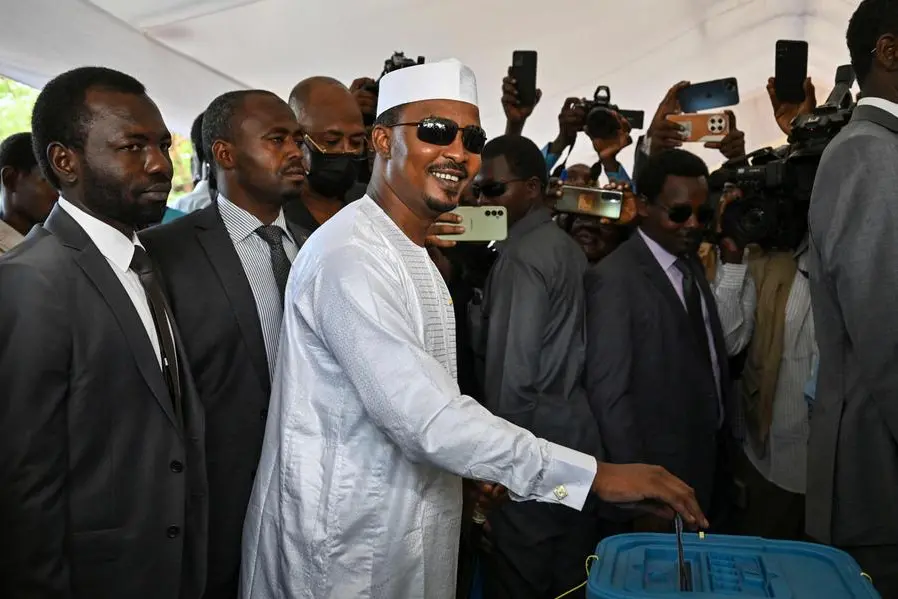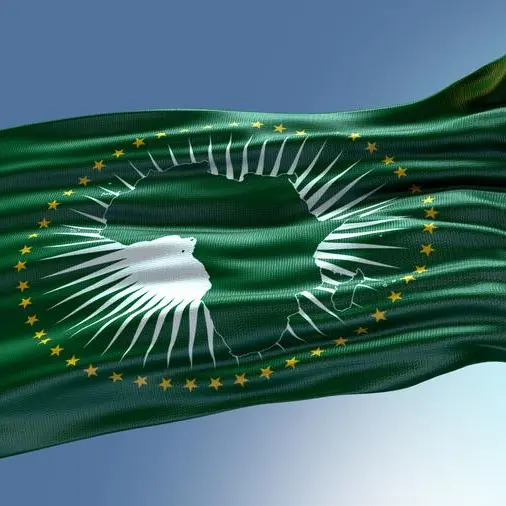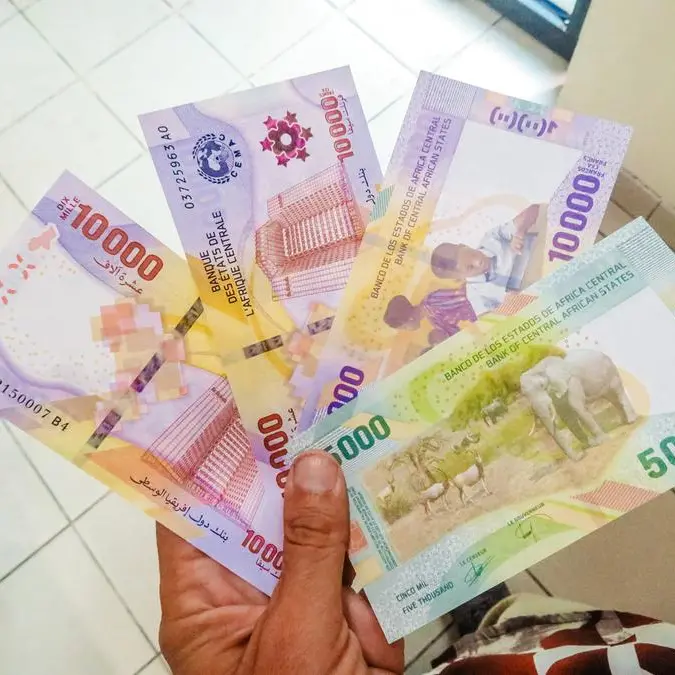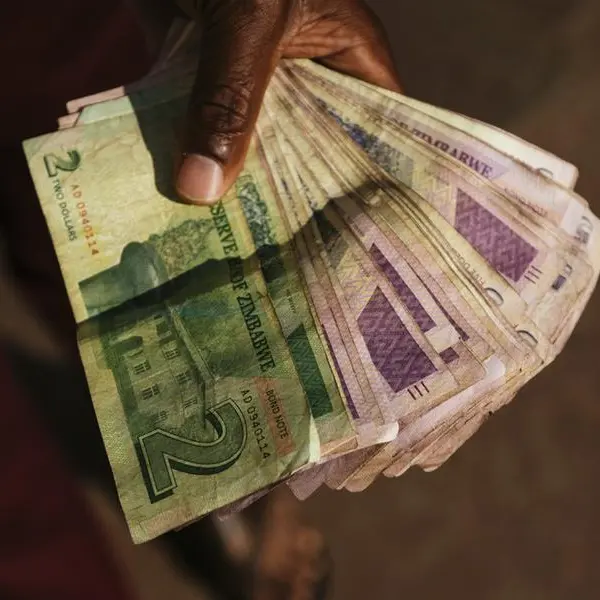PHOTO
His father ruled Chad for three decades with an iron fist and Mahamat Idriss Deby Itno has now consolidated the family dynasty with his victory in the presidential election announced on Thursday.
Yet the young general appeared timid, his gaze fleeting, when the army announced his father Idriss Deby Itno had been killed en route to the front line against rebels on April 20, 2021.
Deby Itno junior was not on any list of heirs to the throne drawn up by experts, who believed the veteran warlord and president seemed to worry little about anointing a successor.
Three years on, the 40-year-old is following in his father's footsteps as the desert state's new strongman, winning the May 6 presidential election in the first round with the opposition muzzled and his main rival dead.
But Deby Itno's legitimacy within his family and Zaghawa ethnic group had been shaken following the killing of his cousin and main opponent late February.
- Cousin killed -
"The man in black glasses," as he is known in military circles, is said to be a discreet, quiet officer who looks after his men, though the public knew little about his past and personality in 2021.
Deby Itno immediately took charge of a transitional military council and appointed 14 of the most trusted generals to a junta to run Chad until "free and democratic" elections would be held within 18 months.
His extension of the transition by another two years sparked major protests in October 2022 that were brutally repressed by the police and the army.
Opposition figures have fled, been silenced or joined forces with him, while any attempts by civil society to form movements, protest or come out against the military rulers have been squashed.
The killing of his cousin Yaya Dillo Djerou eliminated the main opposition figure from the May 6 vote in which Deby Itno initially said he would not run.
The election became a formality that will further entrench the Deby dynasty's domination.
But his cousin's violent demise and the arrest of an uncle, Saleh Deby, has deepened fractures within his family and the Zaghawa ethnic minority that has long dominated Chadian politics.
To assert his authority, Deby Itno has removed several generals who had remained loyal to his father.
A poor orator and shy with crowds, Deby Itno has sometimes been at pains to present himself as a confident leader at home and abroad in line with his father's martial persona.
He was quickly endorsed by the international community -- led by France, which was just as quick to denounce coups elsewhere in the Sahel.
As the election approached, rumours had surfaced of an attempted coup by soldiers previously close to his father or allies of Dillo and Saleh Deby.
- All-powerful guard -
Commander in chief of the all-powerful red-beret presidential guard, or DGSSIE security service for state institutions, Deby Itno carries the nickname Mahamat "Kaka" -- grandmother in Chadian Arabic -- after his father's mother who raised him.
A career soldier, just like his father, he is on his paternal side from the Zaghawa ethnic group, which boasts numerous top officers in an army seen as one of the region's strongest.
Born to a mother from the Sharan Goran ethnic group, he also married a Goran, Dahabaye Oumar Souny, a journalist at the presidential press service.
She is the daughter of a senior official who was close to former president Hissene Habre, ousted by Idriss Deby in 1990.
Deby Itno was sent to a military school in Aix-en-Provence in southern France but stayed only a few months.
Back home in Chad, he returned to training at the military school in the capital N'Djamena and joined the presidential guard.
- Rising through the ranks -
He rose quickly through the command structure from an armoured group to head of security at the presidential palace, before taking over the whole DGSSIE.
Deby Itno was acclaimed for defeating the rebel forces of Timan Erdimi, a relative, at Am-Dam in 2009.
Those forces had launched a rebellion in the east and had reached the gates of the presidential palace a year earlier, before being pushed back with French assistance.
He finally moved out of the shadow of his brother Abdelkerim Idriss Deby, deputy director of the presidential office, when he was appointed deputy chief of the Chadian armed force deployed to Mali in 2013.
That led Deby Itno to work closely with French troops in Operation Serval against jihadists from 2013 to 2014.





















